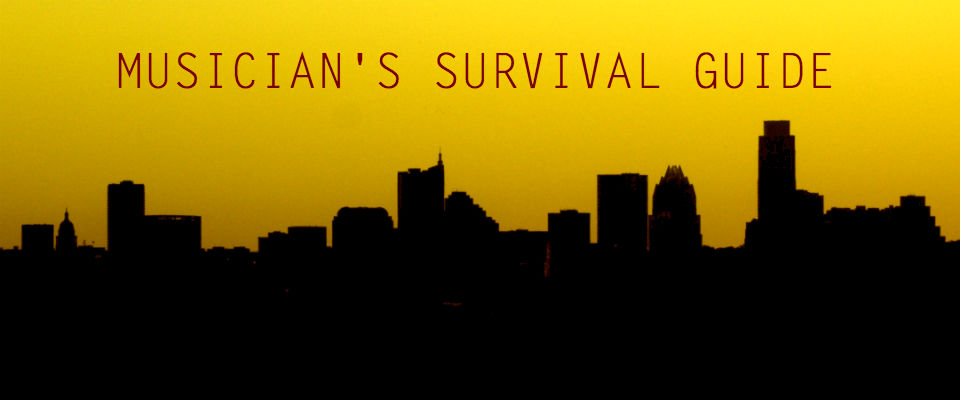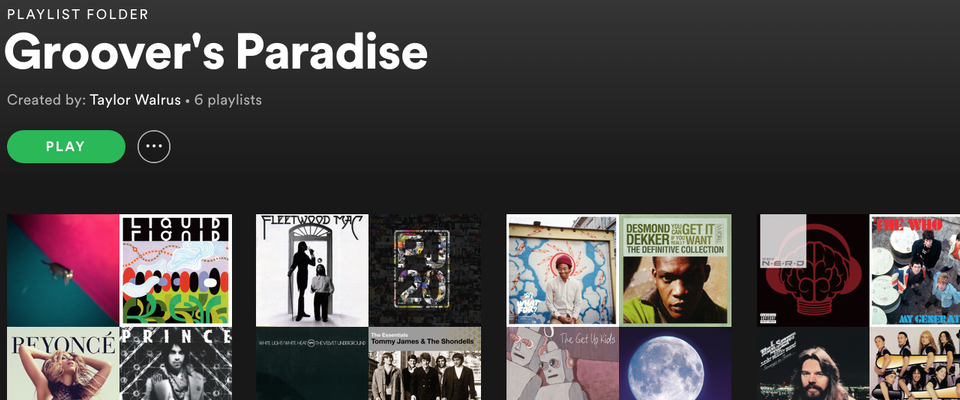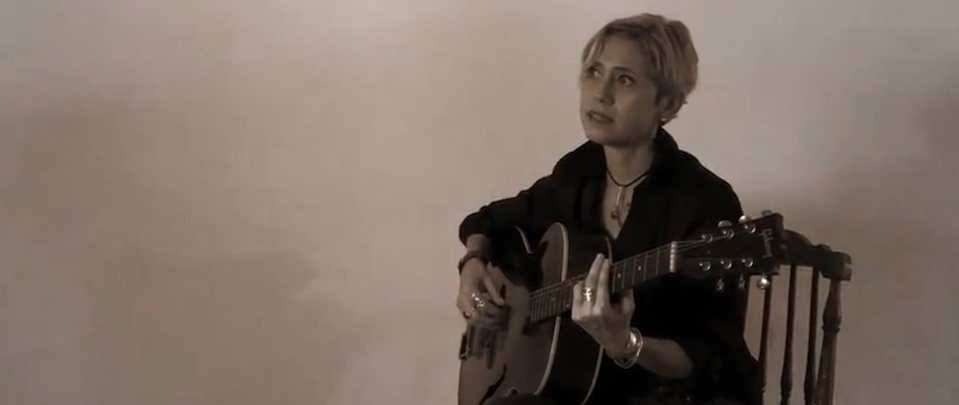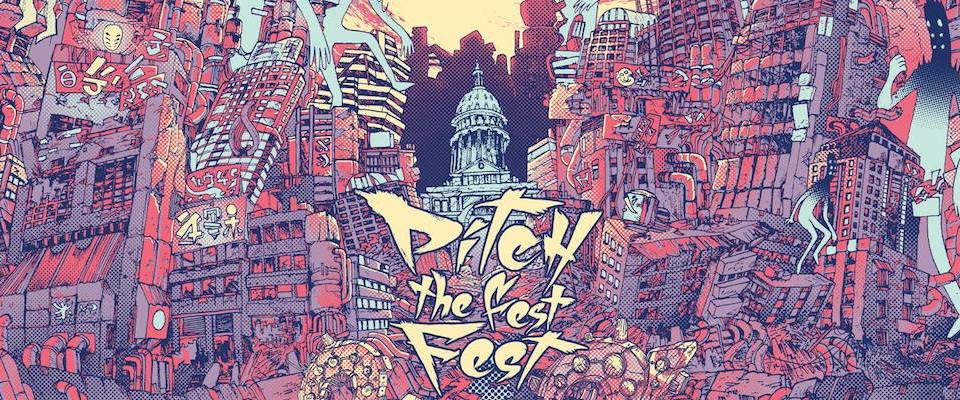DISCLAIMER: INFORMATION MAY BE PAINFULLY OBVIOUS TO SOME READERS
Who’s ready for another lesson in Music Ecology? Last time we discussed how to spot a musician in Austin but some of you may have discovered that you could have learned more by looking into a mirror (perhaps for longer than you care to admit). Musicians are at risk of becoming an endangered species in a place that has been consistently idealized as a music hub. While some contributors to the local live scene may see the music community continue to flourish, the 2015 Austin Music Census has revealed quite the opposite (you may want to fix yourself a drink before continuing).
Although Austin is the fastest growing city in the past 9 years and the 11th largest city in the US, musicians are now actually leaving town.
Of the 2400 Austinite musicians polled:
– 22% are full-time musicians
– 79% make $15,000 or less annually from music income
– 74% of those who have been living and working here for more than 10 years are still making less than this
– 56% have jobs in other industries
– Over 20% of artists live below the federal poverty line
– 50% qualify for Section 8 housing subsidies (though there is a 1,000-person waitlist)
– 17% are uninsured (without HAAM, there would be a 36% uninsured rate in the musician population)
In addition, 75% of Austinites make more than musicians – who suffer from stagnating pay and declining revenue sources and are being edged out by complications like less affordable housing and increasing cost of living.
This is a lot to take in but don’t break out your apocalyptic cardboard sign just yet! KUTX wants to improve the chances of survival for Austin musicians but we can’t do it on our own. While there is no easy solution to the current trends (we’re fresh out of magic beans), we’ve provided some rough guidelines for musicians to stay on their feet. If musicians work together with a collective effort, then we can help prevent Austin from becoming the Drive Thru-sic Capital of the world!
Hone Your Craft & Learn How to Write a Great Song
OK, this probably isn’t what you were looking for, but we’ve got to start with the basics (if you think you’ve got this in the bag, feel free to jump ahead a few sections). If you’re going to be a musician for a living, inevitably you’re going to have to play music that’s good enough for people to pay for it, and as you know, the definition of “good” varies quite a bit. There are very few intrinsically great songs and most artists only have a handful, or at least one, and that can sustain them for a career (looking at you, Blind Melon). Everyone is familiar with obvious song subjects like “I Love You” or “I Hate You/Don’t Need You/Am Better Off Without You” etc. There are all sorts of methods for writing about raw human emotion: find old and new ways that work comfortably for you, but are still translatable and accessible to the public. If you’re having trouble with this critical first step, then take some time to hone your craft as a songwriter. You may not be moving as quickly as you’d like but remember; the only way to get to Lambert’s is to practice (or, you know, pedicab)!
Carpe Diem: Youth & Beauty
You’re at the second step, which means that although you’re probably not George Gershwin, you can hopefully write some pretty good songs. Now this step will come as blasphemy to some, but it’s just a matter of youth and odds of survival. START YOUNG. We all know that youth is wasted on the young but rejuvenation can be just around the corner for wannabe Ponce de Léons (and Benjamin Buttons). Although this is hardly the case for all musicians, younger performers often have more energy (with some of the most extreme frontmen you’ll ever see) and consequently draw a more engaged audience. Whether your image (despite some progressive beliefs, image IS important) is “disgruntled and misunderstood” or “innocent and quirky” – start now while you still look the part! At a younger age, you’ll have more time to discover the ins and outs of the biz before the public and more importantly, the Music Industry itself decides you are too old to get behind (not to mention that pesky life…thing getting in the way as the years go on). Hey, you may not like his music but you have to respect an artist who had a record deal and a Lamborghini-laden music video at age ten.
Get Busy!
We know what you thought right after reading this obvious but crucial step: “Thanks, Mom…” It never hurts to have this reminder though: Talent means nothing without drive. Put down the pipe and start plunking away on the piano. Take down the pseudo-motivational poster and take up another instrument. Persevere your musical goals but make sure they can be realistically achieved in the foreseeable future. Sometimes it can be as easy as physically writing out a checklist of every musical goal that needs to be completed, regardless of how minute or time-consuming it may be (unless it’s something like “World Domination” or “Slay Dragons”). Networking in the local scene is another great way to make a name for yourself over time; if live performance is the your thing and someone asks you to play, you should play. If you play your cards right (or more accurately, play your chords right – Zing!) you’ll become a PR machine for yourself and your band, which of course means you’ll have to…
Generate Material & Make the Most of Social Media
…spend a good amount of time on your computer. And although you don’t have to be the most tech-savvy person, you’ll have to know the basics. Learn how to maximize your social media presence by engaging fans and distributing content using services like Facebook, Twitter, SoundCloud, BandCamp, Instagram, WordPress, Youtube, Vine, and Reddit. In addition to producing content you’ll need to consider factors such as photo dimensions and time of day (as well as how cool you look, obviously). If you can’t be convinced to get on social media, you should at least consider building an email list at shows to keep in touch with your fans, though the impact and response may not be as significant. In any case, find your fans in the places that they already inhabit online and give them the kind of content that they are actively looking for. If you’ve got the time, you can create enough material (merchandise, podcasts, videos, etc.) to give your fans something free on a regular basis and keep them raving about you. You may not get your music on Spotify, Pandora, or iTunes right away but once those omni-benevolent and selfless entities sense that you’re giving your increasing fan base reasons to interact with you online, it’s only a matter of time.
Build a Pitch & a Brand
Quick, describe your music in two sentences or less (“the Elevator Pitch”). If, “like nothing you’ve heard before” is somewhere in there…well…you’re probably wrong. This doesn’t mean that you should opt for something like, “We’re from Austin. We play music.” In order to distinguish yourself from the sea of other musicians trying to flood their way into listeners’ ears, you need to be able to give a description of your music in a meaningful way in a handful of words (here are some examples of how NOT to act). Don’t get bogged down in trying to be completely original in your pitch; nobody in the Music Industry has ever said that you cannot describe your music by referencing bands from the past. “What do they sound like?” is a fundamental question and if you can come up with an accurate comparison that gives enough for someone to make a judgment about whether or not they’ll actually check it out later, you’ve done your job. Just remember: the description doesn’t need to be perfect, just needs to hook people to want to know more (as long as you’re not baiting people with promises of being “Bigger than Beck” or something similar). Worst-case scenario: just say you sound like country or hip hop (the two most popular genres in the US), regardless of whether you do or don’t, and you’re bound to get someone’s attention.
On top of this, by forcing yourself to consider how you can explain what you’re all about, it can help you be clear to yourself and those within the act. By determining which directions are the right ones for your genre and what can ultimately become a distraction, you can begin to craft a brand and an identity that fit with your fans’ expectations. You need to have a clear identity that fits with the music and is translated through everything you produce – be it vinyl sleeves, web presence, or clothes. A promotional still photo should inform someone of your personality as much as a bumper sticker or a song. A logo isn’t required, but it’s a quick way to get your presence out there and familiarize people with your brand (though you may have to be a bit more creative than Black Flag nowadays).
Perform Often & Build Buzz
Up to this point, you’ve probably have noticed that NONE OF THIS INFORMATION HAS HELPED YOU MAKE MONEY (unless you’ve stumbled upon the hidden get-rich-quick scheme embedded within this text – in which case: Congratulations!). Although you’re probably losing it because of how obvious this may sound but we can assure you that we wouldn’t mention it unless a lot of musicians continued to overlook it. If you’ve decided that you can’t play any more gigs because you’ve already played too many times in your local scene or “don’t want to do any more shitty gigs,” then you may want to rethink that decision. Is nothing changing? Don’t stop playing those gigs, just look at why they’re not great and work to improve them. It can be easy to try and place some of the blame onto a venue (probably shouldn’t keep playing your friend’s back yard) or a timeslot (either too early to want to rock or too late/drunk to perform), but in general the best thing to do is to engage in enforced and continuous live performance. If your goal is to be a full-time musician then act like one and play as much as possible! Most likely, you’ll see considerable improvement your technical skill and performance ability (or maybe your arm will fall off – who knows).
Once you’ve reached this point then you should be booking gigs at every opportunity. Ideally, you should be gaining fans every night rather than seeing the same faces at the same venue every few weeks. While you should avoid overplaying one venue or area of town, you can probably play more often than you think. Once you’ve built up a following that you’re connected with, just be sure to promote your gigs in advance. This hinges on your ability to generate successful social media content and how much you talk to people in other venues and bands; the more often someone hears about an act, the more they will believe that the act is worth seeing, or in the case of press (radio, local publications, etc.), worth writing about. If you do reach the point where you actually need to lay off the live music scene for a while (for writing/recording or maybe just to give your fans a break!), then you’ll know when it happens. However, this doesn’t mean that you should completely drop out of live performance for the time. At the least, you can trade headline spots with a group you enjoy playing shows with to support them and share fans. The golden rule of live music is: Go to each other’s shows.
Network & Support Each Other
This is a given, but another useful reminder. Get out there and meet everyone that you can who might be able to help you get to where you need to be (and help support others who need help)! You’ll need to not only talk to fans and other musicians but also people in the Music Business, photographers, videographers, web designers, and anyone else you think you’ll need along the way. Obviously, the best way to do this is at venues in your area that are accommodating to your genre. The people out there are often the ones most involved in the scene, and you’ll need to become one of these folks if you want to be seen as integral to the music scene (and in the case of the Live Music Capital – keep it alive). One of the best ways to do this is to become a promoter as well as an artist and while this works especially well in EDM/dance and hip hop scenes, it can be applied in any genre. Some musicians can find themselves in a position of authority in their local scene by bringing in hot acts from the regional or national scene and giving themselves regular platforms and supporting acts, but acts that are still young should primarily concern themselves with participating in the local scene.
Many unsigned solo artists don’t employ managers, presumably with the assumption that they can handle everything themselves under the current financial circumstances. Additionally, a lot of local bands use one of the members as their Manager, Agent, and PR guy. While this does save you money, it can ultimately hinder the creative process and booking the right gigs. While you could be writing or refining music, you may be texting back and forth with a venue’s booking manager. Alternatively while you’re in the studio recording music, you might miss a phone call with a time-sensitive opportunity. Point is: it helps to have someone looking out for you on a strictly professional basis, allowing you to focus your creative efforts at home and support fellow artists when you’re out in the scene.
Build Your Own Career (And Look For a Deal!)
21st century technology has made home studio recording and connecting directly with fans easier than ever before (cue Apple-style “groundbreaking” promo music). As a result, it’s possible to make a music career commercially viable without signing a traditional record deal (and giving up your first-born child). If the record companies aren’t blowing up your phone, get on with your career and self-finance a project or two. Focus on perfecting your art and mastering your craft as you progress, even if opportunity is far from knocking (arts & craft has never been taken so seriously). If you start getting calls, awesome! If not, don’t let that keep you down from continuing on your own, as you’ve done already. Remember, success these days doesn’t always come in the form of a phone call (keep your eyes peeled for an A&R hologram)!
Don’t Quit, Just Shake Things Up
The truth is, none of this is news for some of you. If you’ve been struggling for a while doing the same thing, mix it up! Haven’t recorded in awhile? Get back in the studio. Need to build up your chops? Hop back on some live gigs. Do fans seem like they’re getting a little tired of your sound? Change it up and explore some new vibes! You’re not the only Austinite trying to make it as a musician, so don’t be afraid to collaborate (unexpected but glorious things are known to happen)! Musicians will sometimes make promises they cannot fully commit to (like paying the bills) but it’s up to you to take the initiative and GET STARTED.
The solution isn’t easy (at least not as easy as continuing to sit on the couch and complain about “losing” Red River) but with a bit of a group effort and some cooperation, hopefully you’ll be able to afford an extra beer after your next show!
– Jack Anderson
For more discussion on the economic state of the Austin music scene, tune into the Austin Music Census episode of Views & Brews, hosted by KUTX Program Director Matt Reilly.
Information Provided by:



